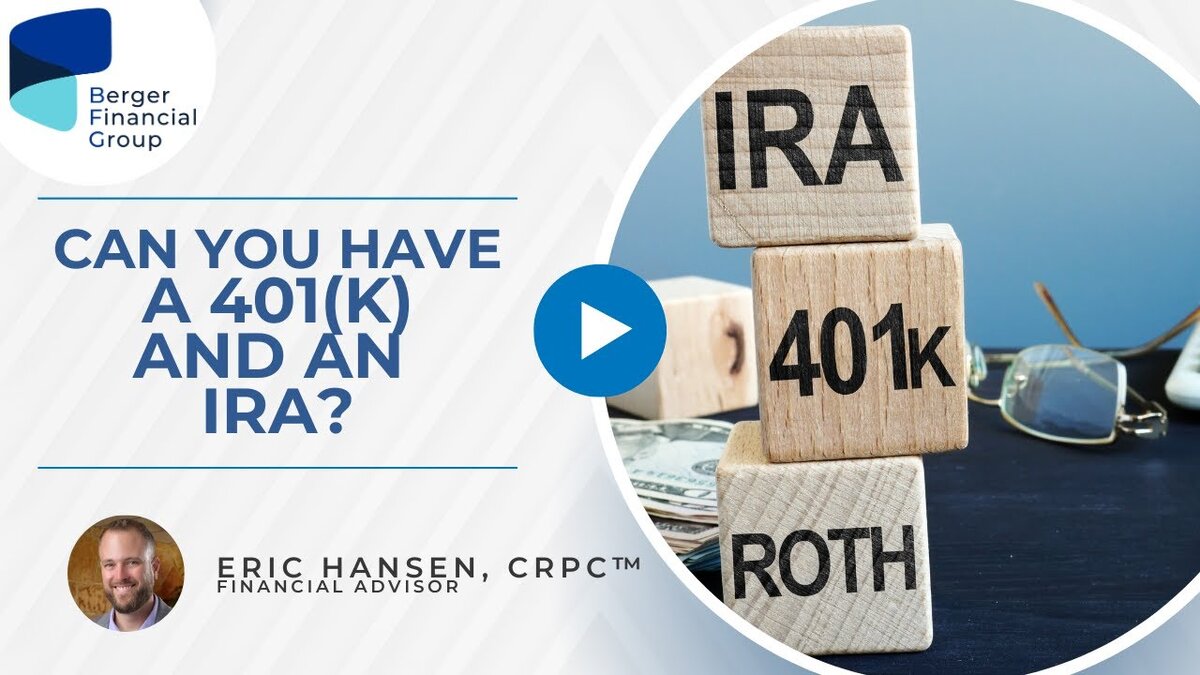When nearing retirement, one of the most crucial financial decisions you’ll face is whether to take a lump-sum pension offer or stick with the traditional monthly pension payments. This decision is far from straightforward and could have lasting effects on your financial stability. Let’s explore the critical factors you need to consider to make the best choice for your unique situation.
Assessing Your Longevity
How Long Do You Expect to Live?
One of the most significant factors influencing whether you should take a lump-sum pension offer is your expected longevity. If you anticipate living a long and healthy life, opting for the monthly pension payments might be more beneficial. These payments provide a steady income stream, ensuring financial support as long as you live. However, if your family history or health conditions suggest a shorter lifespan, the lump-sum option might be more attractive. This way, you can utilize a large amount of money upfront to enhance your quality of life or invest in other ventures.
Considering Your Health and Lifestyle
Your current health and lifestyle choices play a critical role in this decision. Regular check-ups, a healthy diet, and an active lifestyle can significantly extend your lifespan, making the monthly pension payments more appealing. On the other hand, if you have severe health issues or risky habits, the lump-sum payout might be the wiser choice, allowing you to enjoy your retirement without financial worries.
Understanding Pension Inflation Adjustment
The Impact of Inflation on Pension Payments
Most traditional pension plans do not include inflation adjustments. This means that the value of your monthly pension payments will remain the same, even as the cost of living increases over time. For example, from 1965 through 1981, the purchasing power of a dollar decreased to about 30 cents. If your pension doesn’t adjust for inflation, the same amount of money will buy fewer goods and services in the future.
Ensuring Long-Term Financial Stability
To counteract the effects of inflation, consider how a lump-sum pension offer could be invested to grow over time. By investing wisely, you can potentially generate returns that outpace inflation, ensuring your money retains its value and purchasing power. This requires a solid investment strategy and perhaps the guidance of a financial planner to navigate the complexities of market fluctuations.
Calculating the Internal Rate of Return
What Is the Implied Internal Rate of Return?
The internal rate of return (IRR) is a crucial concept when deciding between a lump-sum pension offer and monthly payments. It represents the annual growth rate that would make the present value of your pension payments equal to the lump-sum amount. In simpler terms, it’s the rate your lump sum would need to earn each year to match the total value of the pension payments over your lifetime.
The Role of a Financial Planner
Calculating the IRR can be complex, involving several assumptions about lifespan, investment returns, and inflation. A financial planner can help you understand this rate and compare it to realistic investment opportunities. This comparison is vital to determine if you can achieve or exceed the required rate of return with your lump-sum investment.
Evaluating the Financial Stability of Your Pension Provider
Can Your Pension Provider Fulfill Its Promises?
Another critical aspect to consider is the financial health of the organization responsible for your pension. Companies can face financial difficulties or even bankruptcy, which could jeopardize your future pension payments. If there are any concerns about your employer’s ability to continue making pension payments, the lump-sum offer may provide a safer alternative.
Assessing Employer and Plan Stability
Review the financial reports and stability of your employer and the pension plan. Look for signs of financial distress or instability. If you have doubts, a lump-sum payout, which you can control and invest according to your risk tolerance, may provide greater peace of mind.
Conclusion

Deciding whether to take a lump-sum pension offer or stick with monthly payments is a major financial decision that requires careful consideration of various factors. Your longevity, inflation adjustments, internal rate of return, and the financial stability of your pension provider all play critical roles in this decision. Consulting with a financial planner can provide valuable insights tailored to your specific situation, helping you make an informed choice that will support your financial well-being throughout your retirement. Contact Berger Financial Group today to discuss your options and plan for a secure future.






